
Sally Field was born on November 6, 1946, in Pasadena, California. Raised in a show-business family, her mother, Margaret Field, was an actress, which influenced Sally’s interest in performing. She attended Birmingham High School, where she was active in drama and cheerleading, foreshadowing her dynamic future in entertainment

Field’s acting career took off when she was cast as the title character in the 1965 television series Gidget. Though the show lasted only one season, it showcased her charm and comedic timing, making her a household name and opening the door for future opportunities.
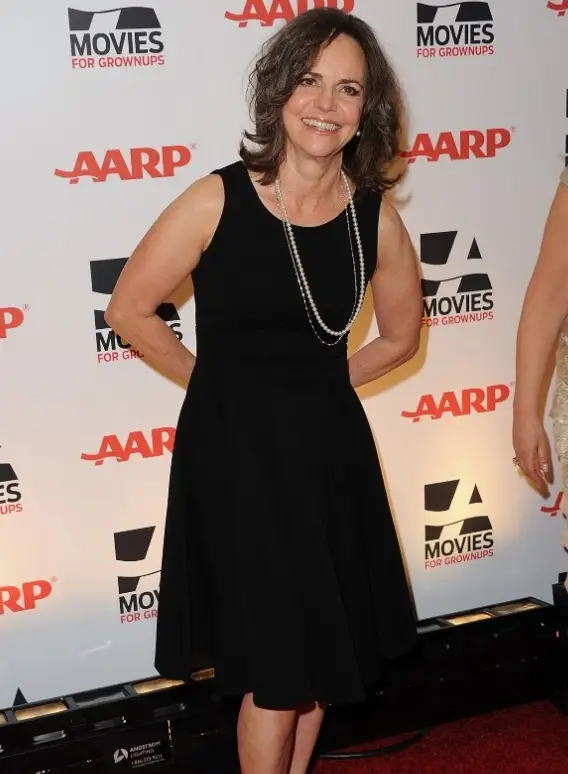
In 1967, Sally Field secured her next major television role as Sister Bertrille in The Flying Nun. This quirky sitcom, centered around a nun with the ability to fly, ran for three seasons and further cemented Field’s reputation as a versatile television actress.
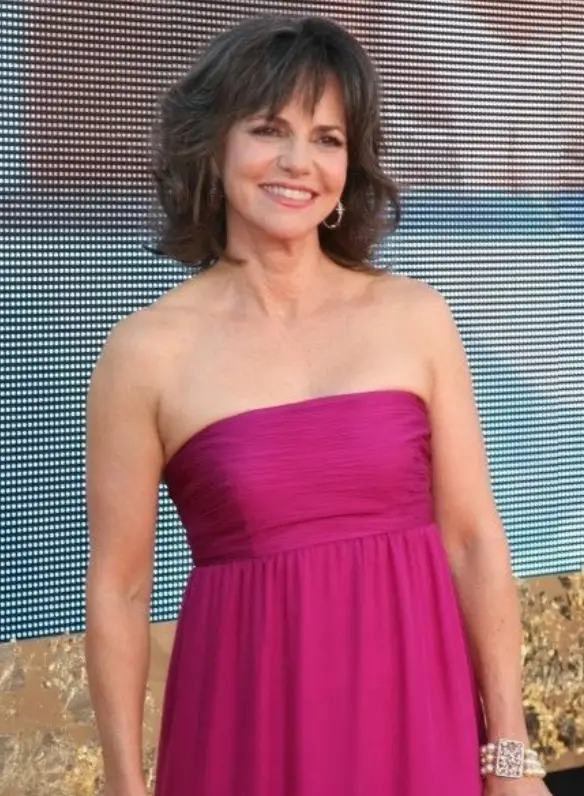
Eager to break free from the wholesome image created by her early sitcoms, Field pursued more dramatic roles. Her efforts paid off when she starred in the 1976 television film Sybil, portraying a young woman with dissociative identity disorder. Her raw and powerful performance earned her critical acclaim and an Emmy Award.

Field made a successful transition to film, winning her first Academy Award for Best Actress for her role as a tenacious textile worker in Norma Rae (1979). She won her second Oscar for Places in the Heart (1984), delivering the famous acceptance speech where she declared, “You like me, right now, you like me!”

During the late 1970s and early 1980s, Field co-starred with Burt Reynolds in a series of popular films, including Smokey and the Bandit (1977). Their on-screen chemistry mirrored a real-life romance, and their collaborations became box-office hits that showcased Field’s comedic flair.
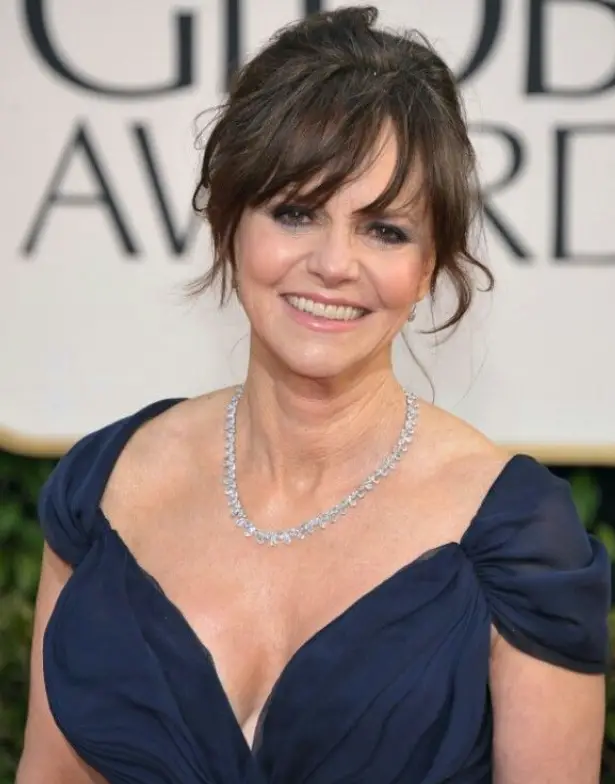
Throughout the 1980s and 1990s, Sally Field displayed remarkable versatility. She moved seamlessly between drama and comedy in films such as Steel Magnolias (1989) and Mrs. Doubtfire (1993). Her ability to portray both vulnerability and strength made her one of the most respected actresses of her generation.

Field delivered a touching performance as Forrest’s mother in the 1994 film Forrest Gump. Although she was only ten years older than Tom Hanks, she convincingly portrayed a loving, resilient mother who instilled life lessons that shaped the film’s narrative.
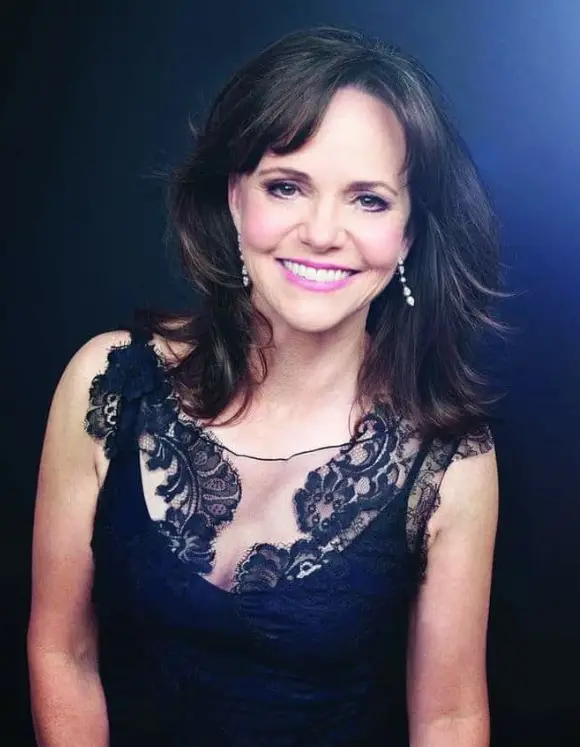
In addition to acting, Sally Field ventured into directing. Her directorial debut was the 1996 television movie The Christmas Tree, followed by the 2000 feature film Beautiful. Her work behind the camera demonstrated her multifaceted talents and passion for storytelling.
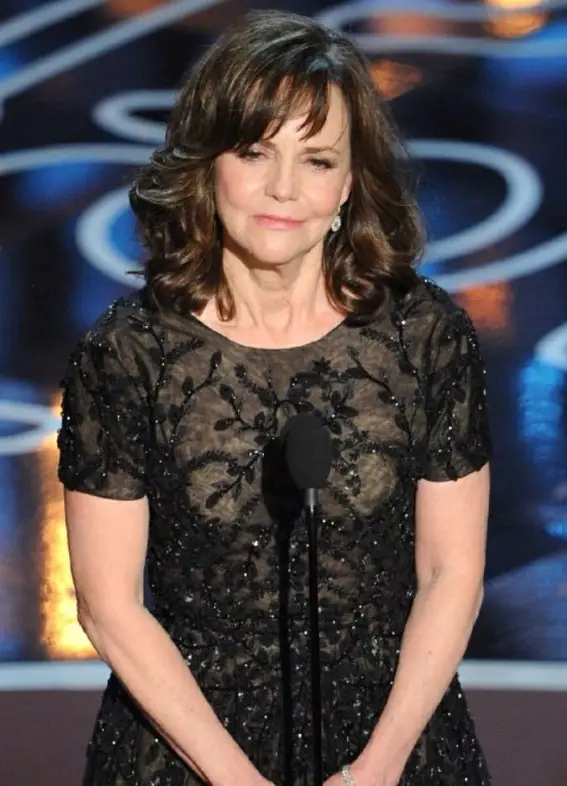
Field made a triumphant return to television in the 2000s with a recurring role on ER, which earned her another Emmy Award. She later starred as Nora Walker in the ABC drama Brothers & Sisters, a role that earned her critical praise and further accolades.
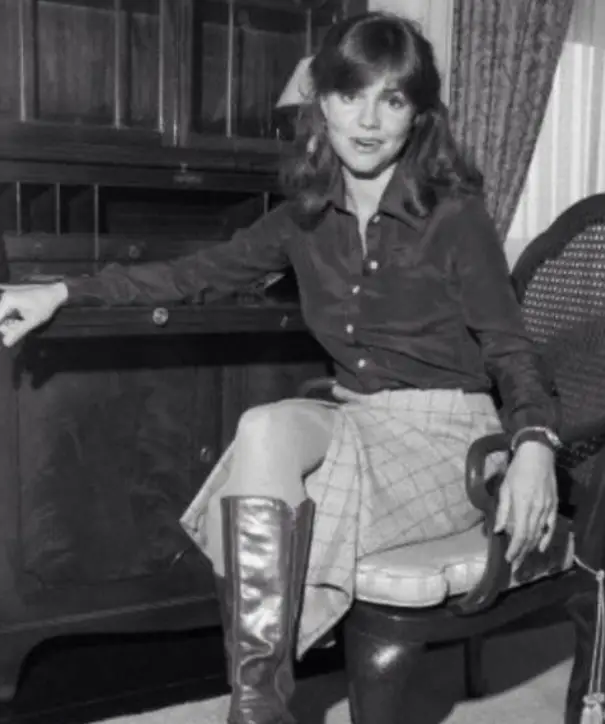
Beyond entertainment, Sally Field has been a vocal advocate for social and political causes. She champions women’s rights, LGBTQ+ rights, and health issues, including osteoporosis awareness. Her outspokenness reflects her commitment to making a positive impact beyond Hollywood.
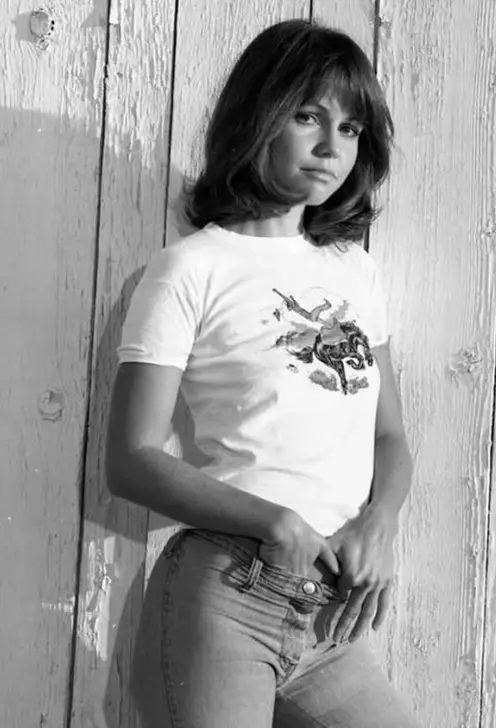
In 2018, Sally Field published her memoir, In Pieces, a deeply personal account of her life and career. The book revealed intimate details about her struggles, including childhood trauma and navigating the pressures of fame, earning widespread praise for its honesty and vulnerability.
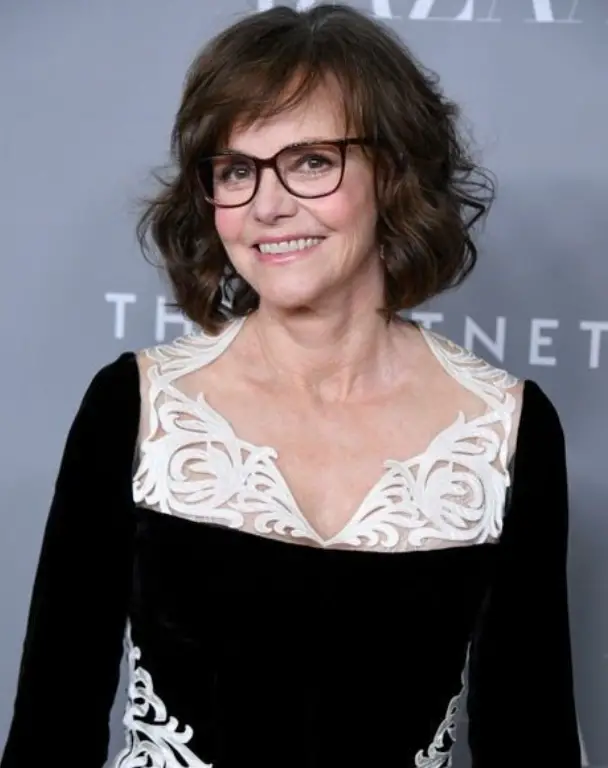
Over her decades-long career, Field has accumulated numerous accolades, including two Academy Awards, three Primetime Emmy Awards, and a Screen Actors Guild Lifetime Achievement Award. Her ability to continually reinvent herself has solidified her place as one of Hollywood’s most enduring stars.
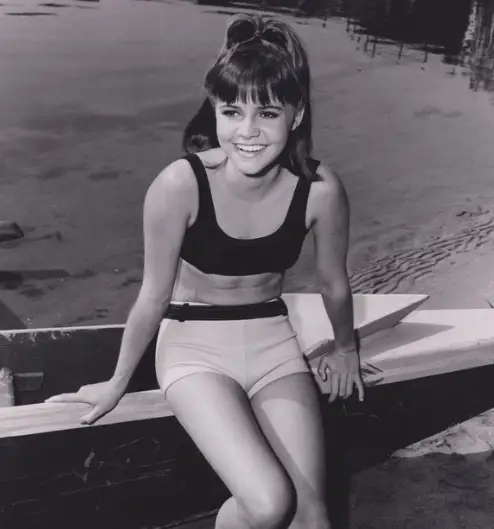
In addition to her screen work, Sally Field has also made a mark on the stage. She earned a Tony Award nomination for her performance in The Glass Menagerie on Broadway, proving her theatrical prowess and reinforcing her versatility as a performer.

Field’s portrayal of strong, multidimensional women in films like Norma Rae and Steel Magnolias has contributed to changing the narrative about women’s roles in media. She broke stereotypes and showcased the complexities of women’s experiences on screen.
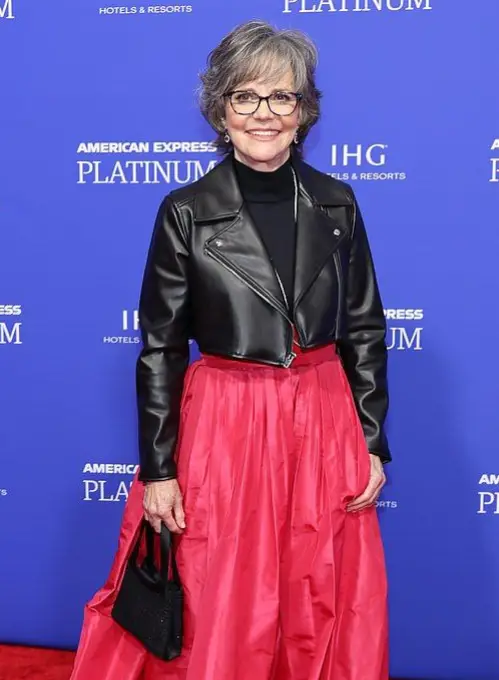
Field has been an inspiration to many younger actors, sharing her experiences and advocating for authenticity in the industry. Her work ethic, depth as an actress, and personal resilience serve as a model for aspiring performers.

In 2019, Field received the prestigious Kennedy Center Honors for her lifetime contributions to American culture through the performing arts. This recognition underscored her enduring legacy and the profound impact she has made over five decades.

Throughout her life, Field has faced personal and professional challenges with resilience. Her journey from sitcom sweetheart to acclaimed dramatic actress reflects her dedication to her craft and her ability to navigate the complexities of fame.

Sally Field has embraced aging in Hollywood with grace and authenticity. She continues to take on meaningful roles, advocate for social change, and share her wisdom with new generations of performers, maintaining a graceful and influential public presence.
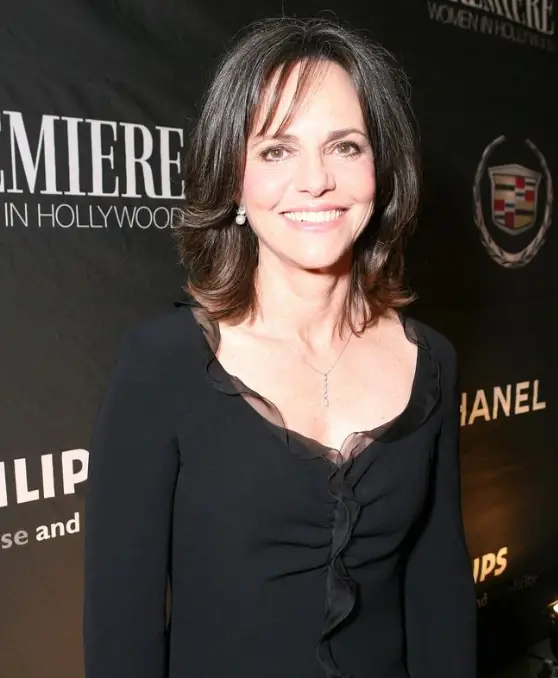
- Even after decades in the spotlight, Sally Field remains beloved by audiences worldwide. Her talent, humility, and genuine connection with fans have allowed her to maintain a career that transcends trends and generations, making her an icon of American entertainment.

Leave a Reply